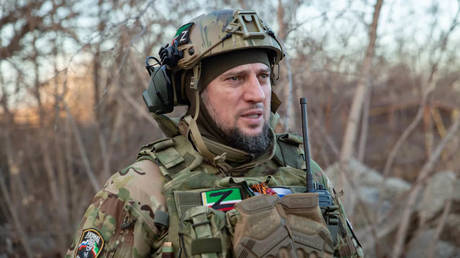Speed in War
by Alexander Dugin

Alexander Dugin uses recent conflicts, such as Israel’s rapid military actions, to illustrate how swift, unexpected maneuvers can dramatically alter the course of events.
Speed is a crucial factor in modern warfare, often referred to as “dromocracy” or the rule of speed. Right after the Hamas operation named “Al-Aqsa Storm,” there was Gaza and the Hamas army stationed there. Imagine if, when the IDF (Israeli Defense Forces) started their invasion, Hezbollah, Yemen (the Houthis), Syria, and Iran (referring specifically to the Shiite groups, as the other Muslim factions were criticized for their inaction) had simultaneously joined the conflict. Israel would have been in a very difficult position. And if Fatah, instead of avoiding involvement (which was futile since they would be targeted anyway), had acted, the situation could have been even more challenging for Israel. However, the West managed to prevent all these parties, except for Israel, from escalating the situation.
Following this, there was a systematic genocide of the Palestinian population in Gaza, culminating in the destruction of much of Hamas’ infrastructure. Afterward, Israel launched attacks on Lebanon and precise strikes on Iran, hitting first and preventing the unification of its enemies to deal with them one by one. It seems that only the Houthis understand the importance of timing in warfare, which is why they are respected and feared. The rest were slow and indecisive, allowing Israel and the West to steadily achieve their goals.
In our case, we have also often hesitated and missed critical opportunities. But at the very last moment, we acted decisively and struck first. It was this speed, surprise, and rapid action that secured our territorial gains, which are crucial in the conflict in Ukraine. However, once we lost our momentum, progress stalled, and we even experienced setbacks. Modern wars are won swiftly or not at all.
As for Hamas, it is unclear what they were thinking when they initiated the “Al-Aqsa Storm” operation. It was a swift operation but with limited forces and without substantial support from the broader Muslim community, making it seem like a doomed effort. Unless, of course, an unforeseen factor emerges soon.
(Translated from the Russian)




